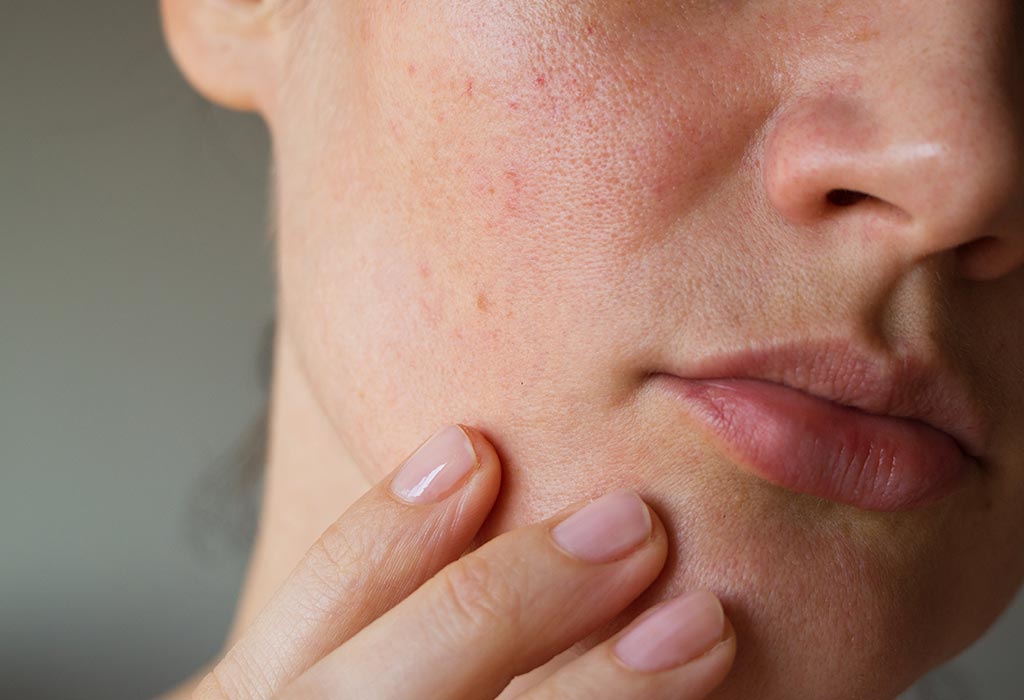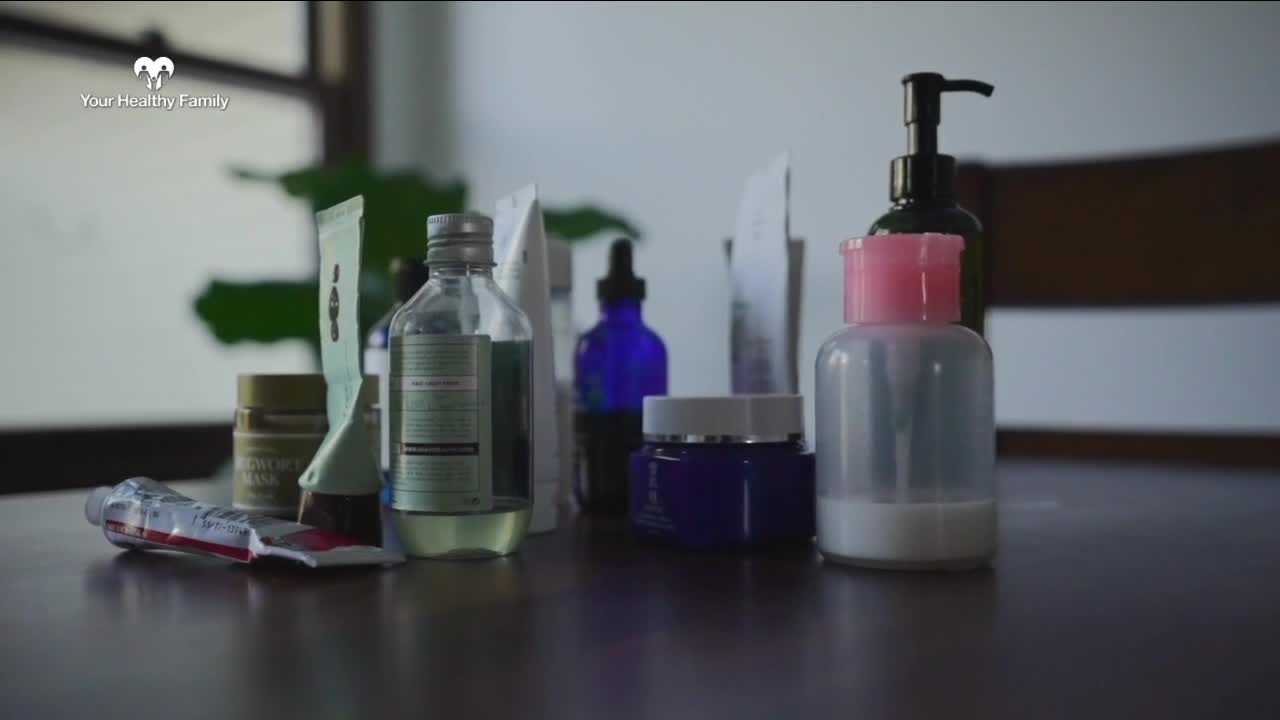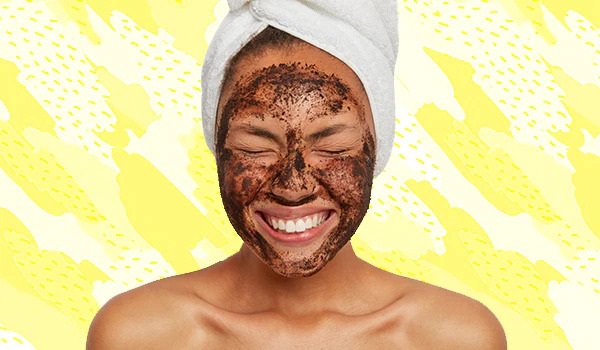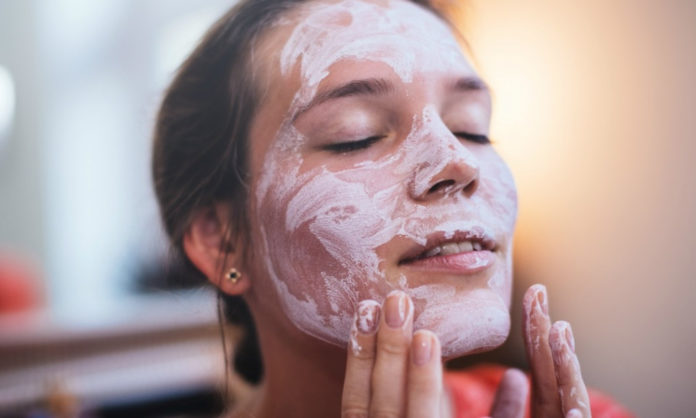A cosmetic chemist and a board-certified dermatologist (Claire Chang and Ni’Kita Wilson) tackle 10 popular skincare myths.
They demonstrate how drinking water does not necessarily improve the appearance of your skin and how you cannot truly decrease your pores. They also dispel the myth that acne is solely a puberty issue. Adult acne is prevalent, and therapy normally takes 6 to 8 weeks to show improvements.
1. Drinking extra water will make your skin look better
Although drinking enough water is vital for your general health, there is no scientific proof that drinking more water gets directly to your skin or improves skin hydration. Excess water is almost certainly filtered out of your body via urine.
2. The order in which you use your skincare products doesn’t matter
Dr. Chang says the order is important. In general, apply your products from thinnest to thickest, with active components going on first.
3. Pores can get smaller

Our pores are the same in size. What might happen is that your pores swell because oil can attract dirt, debris, and dead skin cells into them, causing them to swell. They get engorged from all the debris that gets caught in there, and then when they’re cleaned out, they just return to normal size. However, the walls can be compromised, causing them to tilt and become weak. This, in turn, may alter the appearance of your pores.
4. You don’t need to moisturize your face if it’s oily
Dr. Chang says that there is a distinction to be made between skin oil and skin moisture. Skin hydration refers to the skin’s water content or moisture levels, whereas skin oil refers to the sebum content. So, sebum is released by your facial oil glands, also known as sebaceous glands, and it aids in the protection of the skin barrier. However, because sebum may contribute to an oily, greasy appearance on the face, individuals dislike it. Remember that oily skin can get dried and have a low water content, thus moisturizing is still necessary.
5. You don’t need to wear sunscreen, even when it’s cloudy
When it’s gloomy or sunny, you should apply sunscreen. The only time you should not wear sunscreen is when there is no sunlight. It’s late at night. Even though you can’t see the sun, UV radiation is still present. They’re still around. And it is the UV rays that do the harm. And you need sunscreen regardless of your melanin load.
6. The more expensive the product, the better it works

Many of the products advised are inexpensive and can be bought at any drugstore. Wilson believes that the efficacy of the components and the formulation is far more important than the price.
7. The more you wash your face, the better
The more you wash your face, the worse your skin may become. For starters, you are eliminating the microbiota. You’re putting everything off balance, which compromises your skin barrier, and a weakened skin barrier can lead to inflammation and discomfort.
Over-washing your face, especially with harsh soaps or scrubs containing beads, may greatly dry out and irritate the skin. Dr. Chang recommends washing your face twice a day, and then again after heavy sweating because perspiration can clog the pores and irritate the skin even more.
8. You don’t need to exfoliate

Gentle exfoliation is beneficial to everyone. Exfoliation can help revitalize and brighten your skin, level out your skin tone, and unclog your pores. It aids in anti-aging and can boost the absorption of other topicals applied to the skin.
9. You need to use a lot of skincare products to get good skin
You don’t need to use a lot of products; instead, pick the correct items for your skin’s demands. Using too many items can sometimes do more damage than benefit.
10. Acne is only a problem during puberty
According to Dr. Chang, adult acne can last from puberty through adulthood, but it often appears late in people who have never had acne before. Acne in adulthood is caused by genetics, hormones, blocked pores, and inflammation. Acne can worsen with stress. Certain diets, such as high-sugar, high-carbohydrate diets, might aggravate acne. Acne can occasionally be brought on by pregnancy. Cosmetics, as well. It’s helpful to pinpoint the location of the acne since those may be triggers that you may eliminate and see whether your acne improves as a result. You simply need to be patient with it. Remember that any acne treatment might take six to eight weeks to work, so you need truly stick to it.
Stay tuned to Brandsynario for the latest news and updates.








































